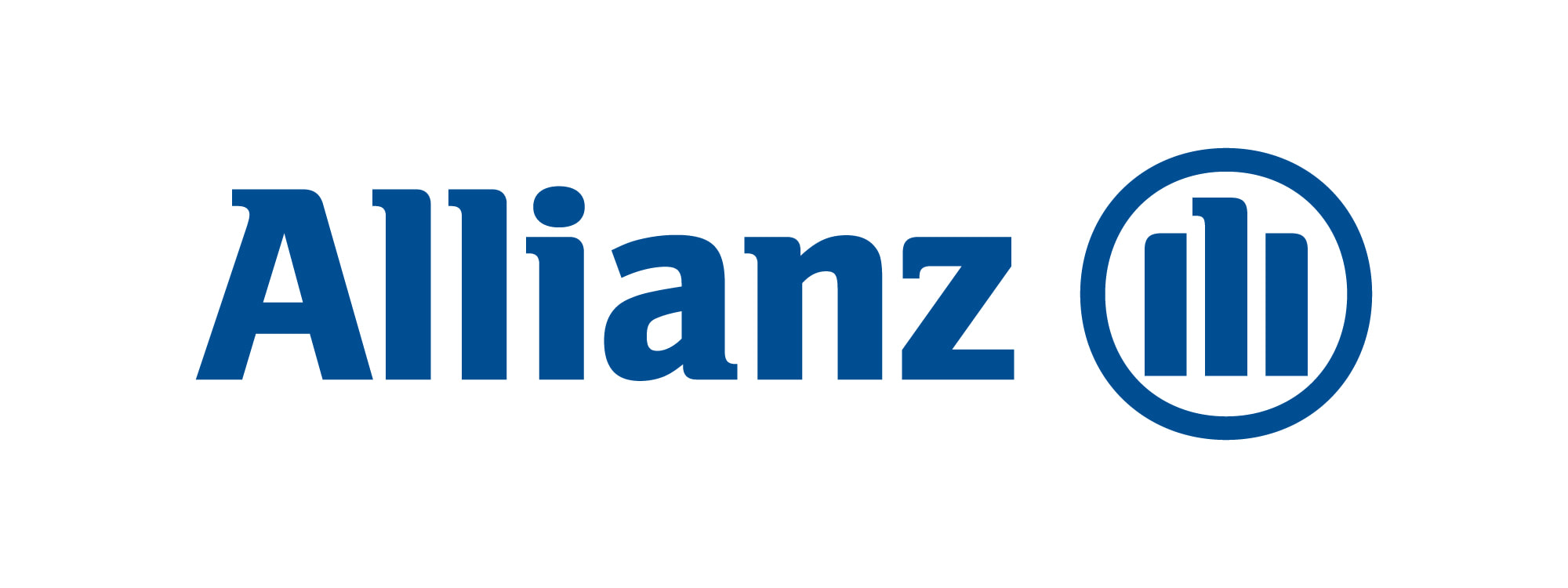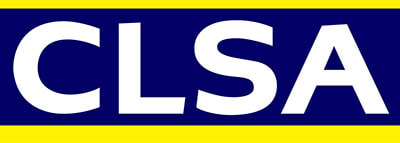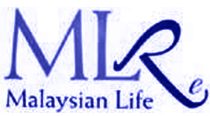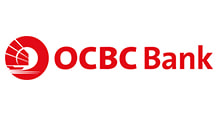Resolve Conflict in the WorkplaceWorkplace conflict is normal. In fact, arguments, disagreements and misunderstandings are to be expected when you put a group of people together in any context. It’s all part of communication problems at work or life for that matter. Of course, it’s also normal that we find conflict rather unpleasant and seek to avoid it as far as possible. But that’s being unrealistic. Rather than wish for no arguments, it’s more helpful to accept that conflict will occur now and again. How you handle it, is what matters more. The good news is learning how to resolve conflict in the workplace gives us tools which become handy in our personal lives too. It is valuable to look at conflicts or arguments as useful and as a sign of engagement. It shows that people care. That’s a positive sign compared to apathy, where people feel anything goes. It is also an opportunity to improve teamwork in the workplace. It would augur well to equip yourself with some techniques on how to be a good team leader. This will boost confidence with the team and reduce stress when conflict arises. Here are four ways to improve communication problems at work: 1. Content Reframing This is a very efficient technique to apply when you feel stuck in an argument. I’m sure you recall moments of digging in and standing your ground, not wanting to give in, feeling so strongly about whatever ideology you believed in. Reframing will empower you by changing the meaning of the argument into something useful. It’s natural to become defensive when you’re in the thick of an argument but this just blows it out of proportion. It’s more useful to shift your focus. It helps clear the head and resolve conflict in the workplace faster. For example, if your team is arguing about the approach to be taken for a particular project. 2. Build Rapport The world revolves around relationships, at work, at home or in social settings. Lack of communication is the root cause of most communication problems at work. The feeling of being on the same wavelength with someone is called rapport. When you’re in rapport with co-workers there is mutual understanding, trust and empathy. Communication is made easy. Wouldn’t it be great to learn how to resolve conflict in the workplace? Then, build better relationships? People who attend NLP for work courses often report that they see a significant improvement in this area, not just at work but in their personal lives too! Having empathy for your colleagues and understanding their position enables you to see other perspectives. Participants in my NLP program never fail to be amazed by the immediate shift they experience by stepping into another’s shoes. You can resolve conflict in the workplace by learning how to read non-verbal communication cues from the person you are communicating with. A hint is to look for what they are doing rather than what they are saying. It is observing unconscious actions that will boost your skills and set you up for success on how to be a good team leader. 3. Manage Your Emotions An NLP for work program will set you up for life. It will teach you one of the most powerful tools, i.e. how to be well-versed with managing your emotional state. And being knowledgeable about how other peoples’ emotions work. For example, when you are faced with an angry colleague or boss and you fly off the handle too, the situation will surely go downhill. The intelligent alternative is to acknowledge his or her emotion and then respond with empathy. Anger is just an expression of some other issue - fear, perceived injustice or lack of rapport, contribute to communication problems at work. So, before you react, step into their world, understand where they are coming from and then respond. When you respect your co-workers view of life, which is probably different to yours, arguments are significantly reduced. 4. Listen Actively Listening actively is an invaluable skill in any situation, be it professional or personal. It establishes rapport and reveals what the other person needs which helps improve teamwork in the workplace. For example, dealing with a team that argues all the time can be challenging. It’s a sign of serious communication problems at work. It’s crucial to give team members the time and space to vent their frustration, disappointment or unhappiness. One way of learning how to be a good team leader is to provide them a safe outlet to freely express their feelings. It’s important not to interrupt them. Or worse, listen with the intention of rebutting what they’re saying. Nod at appropriate moments to indicate you understand what they’re saying. This gives them the assurance that you’re listening. And finally, ask questions to clarify anything you don’t understand after they have fully explained a problem. In conclusion, every working person finds themselves in an argument now and then. Disagreements are part and parcel of the workplace. But we have choices too. We can learn how to resolve conflict in the workplace faster and more efficiently, by attending an NLP for work program. You can go a step further and even learn to reduce arguments through clearer communication with the people in your life. Learning to navigate the minefield of human interaction will certainly make life smoother all around. This is one of the major benefits of NLP for work. Signing up for an NLP for work program is a life changing experience. Why live in fear of arguments at work? Empower yourself and your teams with tools to build rapport and manage emotions with the right NLP training!
0 Comments
Your comment will be posted after it is approved.
Leave a Reply. |
SYLVIA FERNANDES
Sylvia is a qualified Neuro Linguistic Programming (NLP) Master Trainer. She started her business in Sydney and is now based in Singapore. Archives
December 2024
Categories |
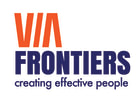

 RSS Feed
RSS Feed

